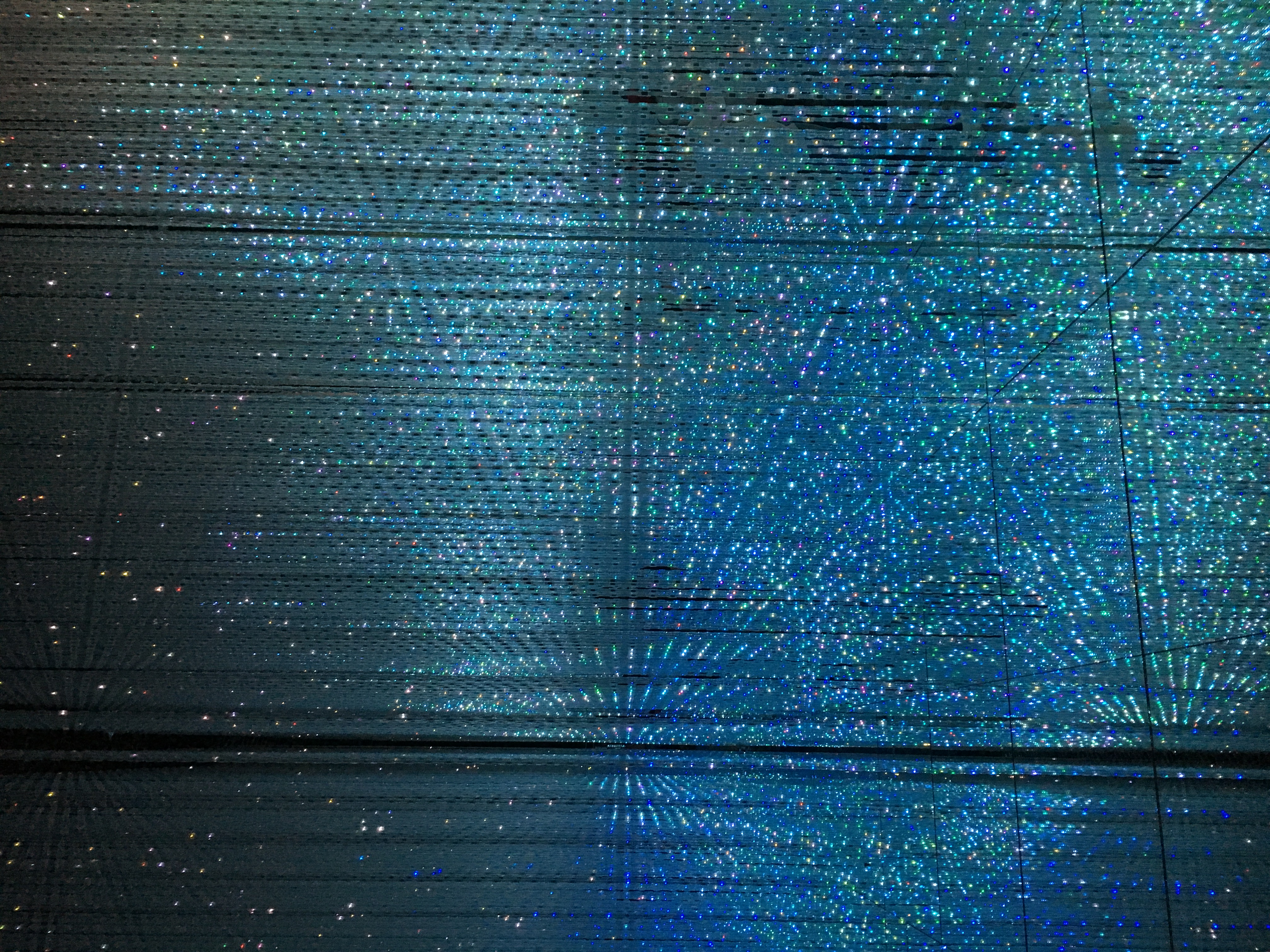Science on trial

The decision to put six Italian seismologists and a former government official on trial for failing to predict an earthquake shows a fundamental failure to grasp the nature of science, according to researchers.
The scientists are standing trial on manslaughter charges for allegedly failing to adequately warn residents about an earthquake that went on to kill more than 300 people in Italy in 2009.
The legal move has provoked anger from seismologists around the world, who see it as an attack on science, and who insist it is impossible to predict earthquakes.
Around 5,200 international researchers signed a petition last year supporting the Italian scientists, and the Seismological Society of America wrote to Italy’s president voicing its concern about what it called an unprecedented legal attack on science.
The seven defendants have been accused of giving “inexact, incomplete and contradictory information” about the smaller tremors felt by L’Aquila residents in the six months before the quake, and whether or not this should have led to an earthquake warning.
Part of this is the compensation culture, I feel, with people quick to point the finger of blame at anything they can to make a buck from – if people could sue the sun for sunburn, a fair few would probably have a crack at it.
But it also highlights the fact that some people simply don’t appreciate that science is evolving, constantly being rewritten, as researchers make new discoveries and have to revise their theories – scientists do not, and cannot, hold all the answers.
The Italian seismologists are not the only scientists to have been forced into the dock over the years – here are a few cases of researchers who, rightly or wrongly, have taken the stand:
On January 19, 2009, they were charged with being “in communications with an enemy government” and “seeking to overthrow the Iranian government under article 508 of Iran’s Islamic Penal code”.
Arash was sentenced to six years and Kamiar three years. In November of 2010, Kamiar was released after more than two years of detention. Arash Alaei remains in Evin Prison. The doctors were awarded the Global Health Council Jonathan Mann prize for Health and Human Rights in June 2011.
Galileo: It’s going back a bit, but a famous example of a scientist in the dock was in 1633, when Galileo was ordered to stand trial on suspicion of heresy. This was after Galileo published Dialogue Concerning the Two Chief World Systems in 1632 with the permission of Pope Urban VII. Urban had two conditions:1) Galileo was to include arguments for both heliocentric and geocentric viewpoints, and 2) Urban’s own views on the matter were to be included.
Lieber was said to have “knowingly and intentionally falsified” data over six months during a 2005 study, which was funded in part with National Institutes of Health (NIH) grants.


